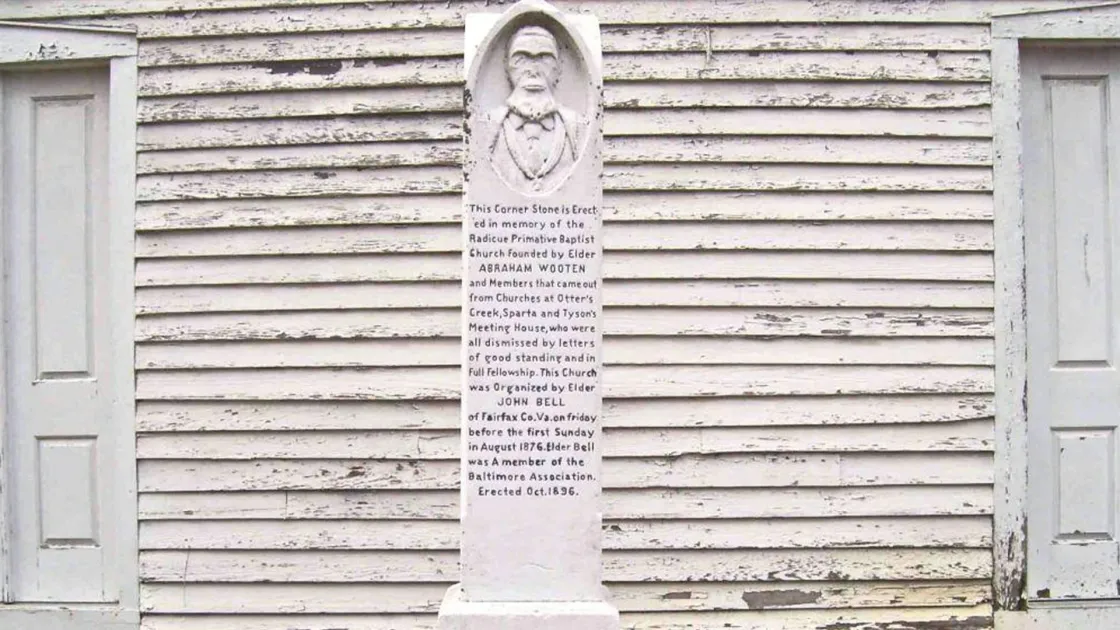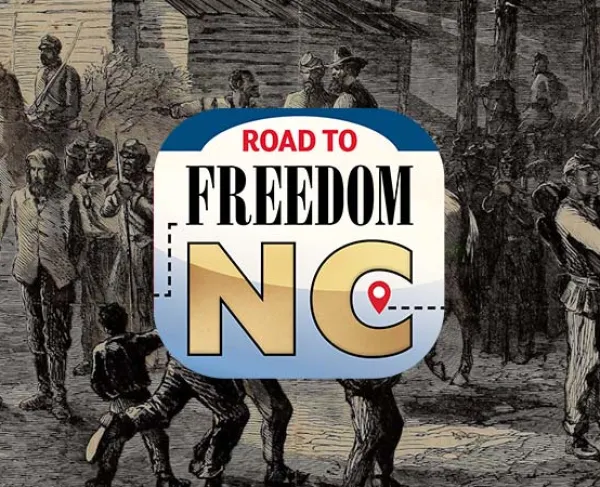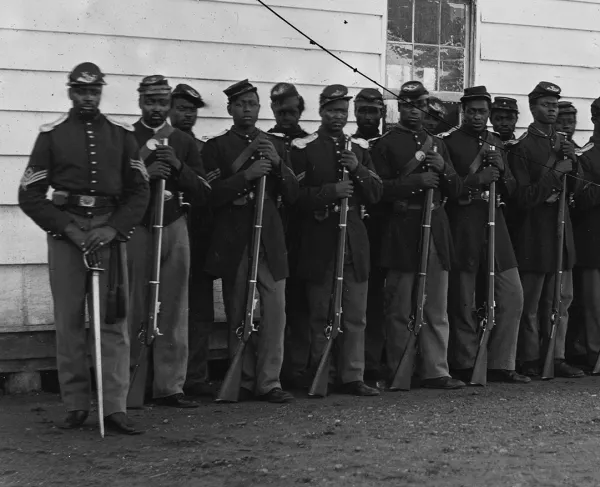Abraham Wooten Monument & Mount Zion Primitive Baptist Church
North Carolina
204 Church Street
Princeville, NC 27886
United States
This heritage site is a part of the American Battlefield Trust's Road to Freedom: North Tour Guide app, which showcases sites integral to the Black experience during the Civil War era. Download the FREE app now.

This historic building and monument testify to the freedom and resiliency of the African American’s who erected them more than a century ago and maintain them to the present day.
The monument placed in 1896 within the relatively safe confines of Princeville — the oldest chartered Black town in America — serves as the cornerstone for the church building constructed in 1890. Yet curiously, it marks the 20th anniversary of the Radicue Primitive Baptist Church founded in adjacent Pitt County.
Between 1869 and 1875, white members of the local Baptist Association repeatedly voted down requests from Black members to allow them to participate in church government or form independent churches. Abraham Wooten traveled from here to Washington, DC to meet with the Baltimore Association, which had set up a Black Primitive Baptist congregation under the leadership of Elder John Bell. Working within church rules and with supportive white church leaders, Wooten and Bell led Black members from Pitt and Edgecombe counties out of the Otter’s (Autry’s) Creek, Sparta, and Tyson’s meeting houses to form Radicue Church in 1876.
Wooten formed and pastored several Black churches allied as the Radicue Primitive Baptist Association serving as its moderator from 1880 to 1918. He pastored this Mount Zion Primitive Baptist Church in Princeville for much of that time, although oral tradition suggests this congregation may have roots dating from 1871.
This monument honors the revolutionary action taken by the Radicue Church under Wooten’s initiative and was not a memorial to the then still living leader. It is perhaps the earliest monument erected by African Americans in North Carolina and celebrates the religious liberty they exercised. The church members, their association, their building, and their monument, have faithfully endured decades of racial discrimination and indiscriminate flooding.




